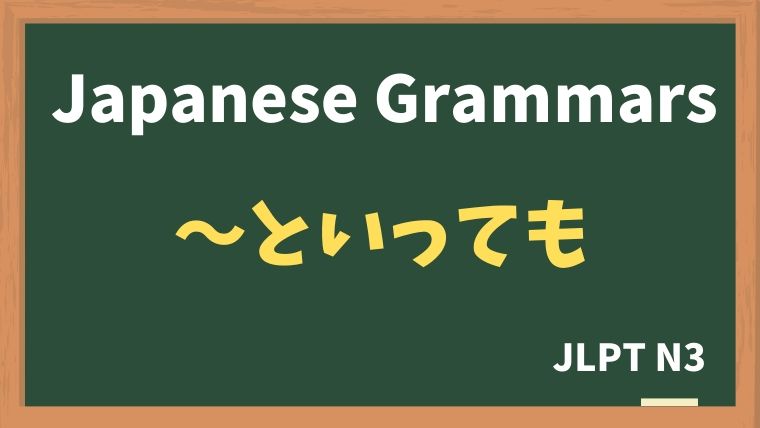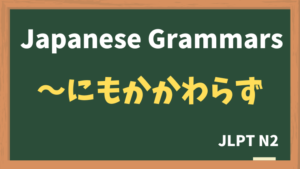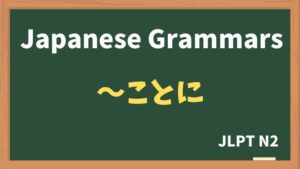
Explanation:〜といっても
fa-check-circleMeaning
"~というけれども、実際は・・・"
"although, the reality is different from what should be expected from 〜."
Used to provide clarification or correction, often after making a statement that might sound impressive or extreme at first. It downplays the initial statement by giving more accurate or modest details.
fa-check-circleForm
V(plain form)+ といっても
イA(plain form)+ といっても
ナA(plain form)+ といっても
N(plain form)+ といっても
fa-check-circlePoints
- Clarification: This expression introduces a clarification or adjustment to a statement that was made earlier, providing a more accurate or modest perspective.
- Expectation Adjustment: It helps to manage expectations by indicating that the situation is not as grand or significant as it may initially appear.
- Common Usage: It's often used in conversation to avoid misunderstandings and to be modest about achievements or situations.
fa-check-circleJLPT Level
N2
Sample sentenes
会社を作ったといっても、まだ社員は私一人ですよ。
Even though I started a company, I'm still the only employee.
漢字が読めるといっても、まだ100個ぐらいだけです。読めない漢字もたくさんあります。
Even though I can read kanji, it's only about 100 characters. There are still many kanji I can't read.
中国語が話せるといっても、日常会話だけですよ。
Even though I can speak Chinese, it's only for daily conversations.
会社に近くて便利だといっても、家賃が高すぎるから、この部屋は借りられない。
Even though it's convenient and close to the company, the rent is too high, so I can't rent this room.
新しいアルバイトが見つかったといっても、夏休みの間だけですけどね。
Even though I found a new part-time job, it's only for the summer vacation.
ギターが弾けるといっても5曲だけですよ。
Even though I can play the guitar, it's only five songs.
旅行に行ったといっても、近くの温泉に行っただけです。
Even though I went on a trip, I just went to a nearby hot spring.
給料が上がったといっても、ほんの少しだけです。
Even though my salary went up, it was only by a small amount.
Vocabulary
| Japanese |
English | |
| 日常会話 | にちじょうかいわ | daily conversation |
| 家賃 | やちん | rent |
| 曲 | きょく | song |
| 温泉 | おんせん | hot spring |
| 給料 | きゅうりょう | salary |






